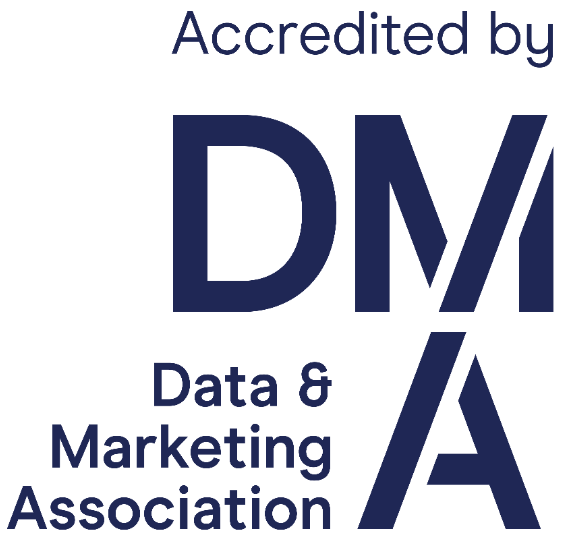Learn & Discover
How coins are minted - a behind the scenes guide. Minting is an age-old process with stages that still follow centuries of tradition, even though today, state of the art technology means that the process is quicker, more cost effective.
The Hobby of Coin Collecting Coin collecting is an interesting hobby. Most collectors start as children, some are handed over their collections by their parents or grand-parents and discover the joy of collecting at an early age, some come to collecting later in life, triggered by an interesting coin issued for an event or by an interesting coin...
The value of a coin may often depend less on the metal value but on its availability and particularly its rarity. Generally speaking, the smaller the number of coins that are available and the higher the demand, the more attractive the coin will be to a prospective buyer.
What are coins? A starter guide. Along with banknotes, coins are the official means by which payment can be made for goods or services. Whatever the actual value of the content of the coin, the government of the country concerned guarantees the face value that it bears. Collectors differentiate between circulation coins (which refer to normal...
Gold - the most desired precious metal For collectors and investors alike, gold remains reliable and dependable - a thing of permanence in an ever-changing world. Demand for gold has soared during the first years of the 21st century as a very sound asset in uncertain times. The London Mint Office offers a wide range of gold coins to its...





